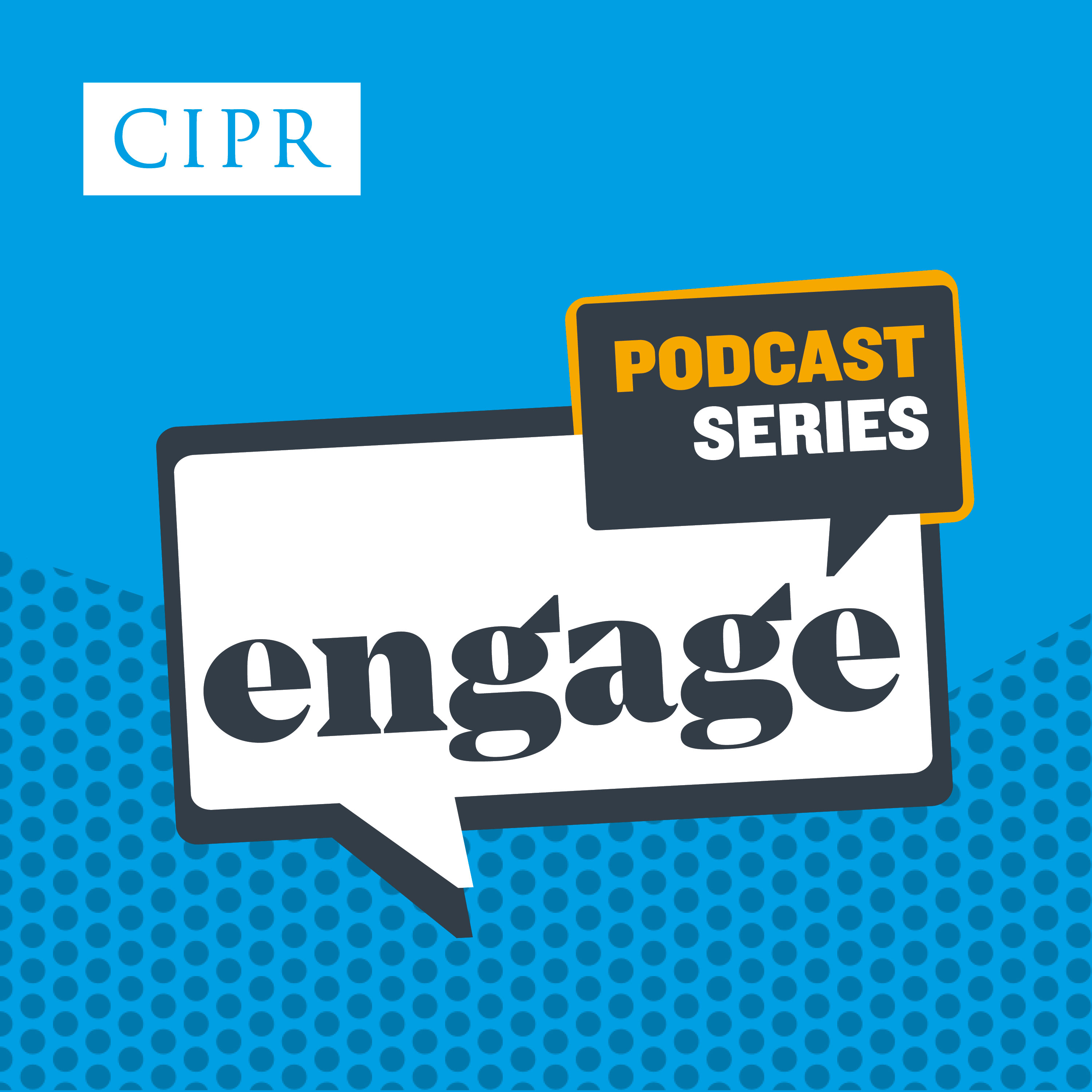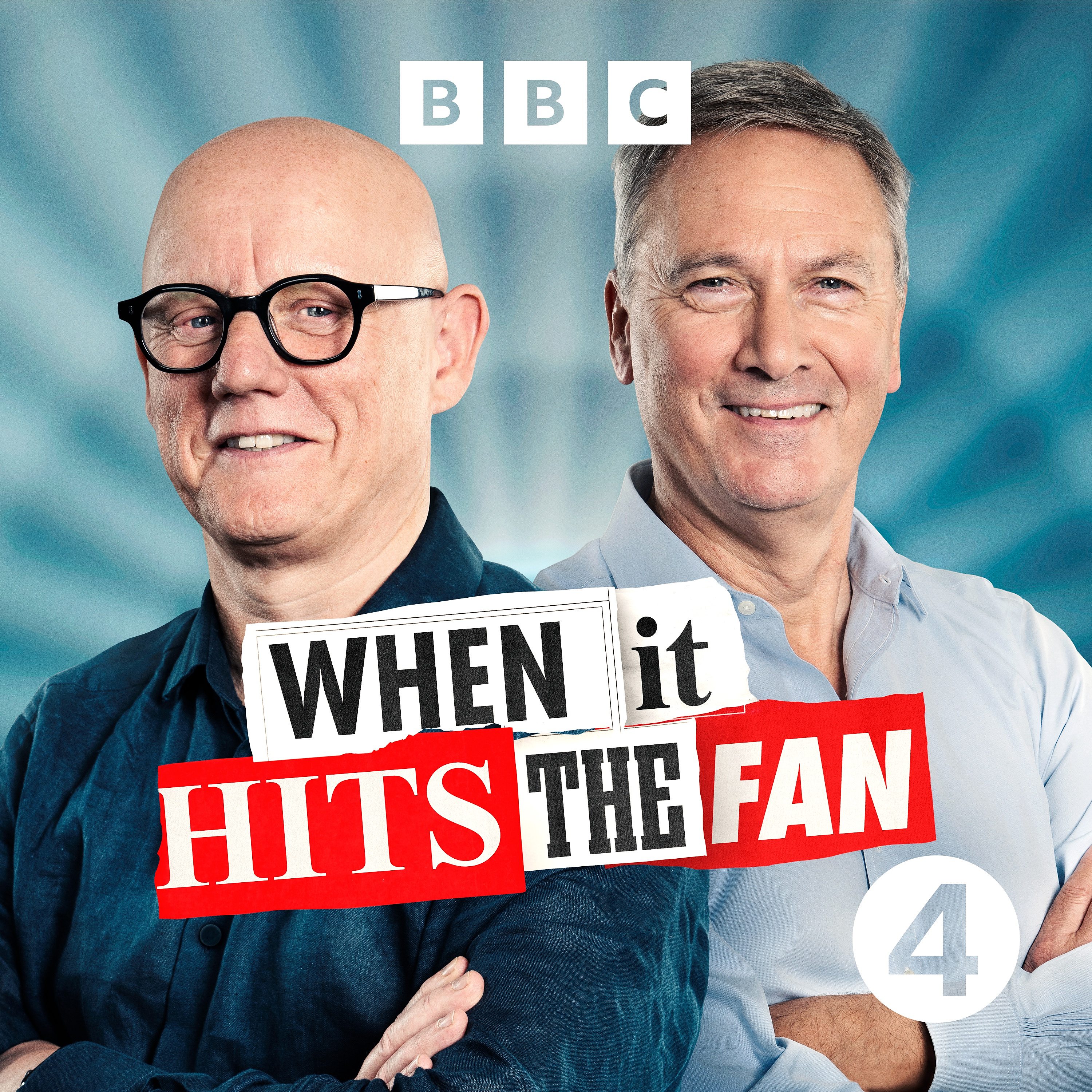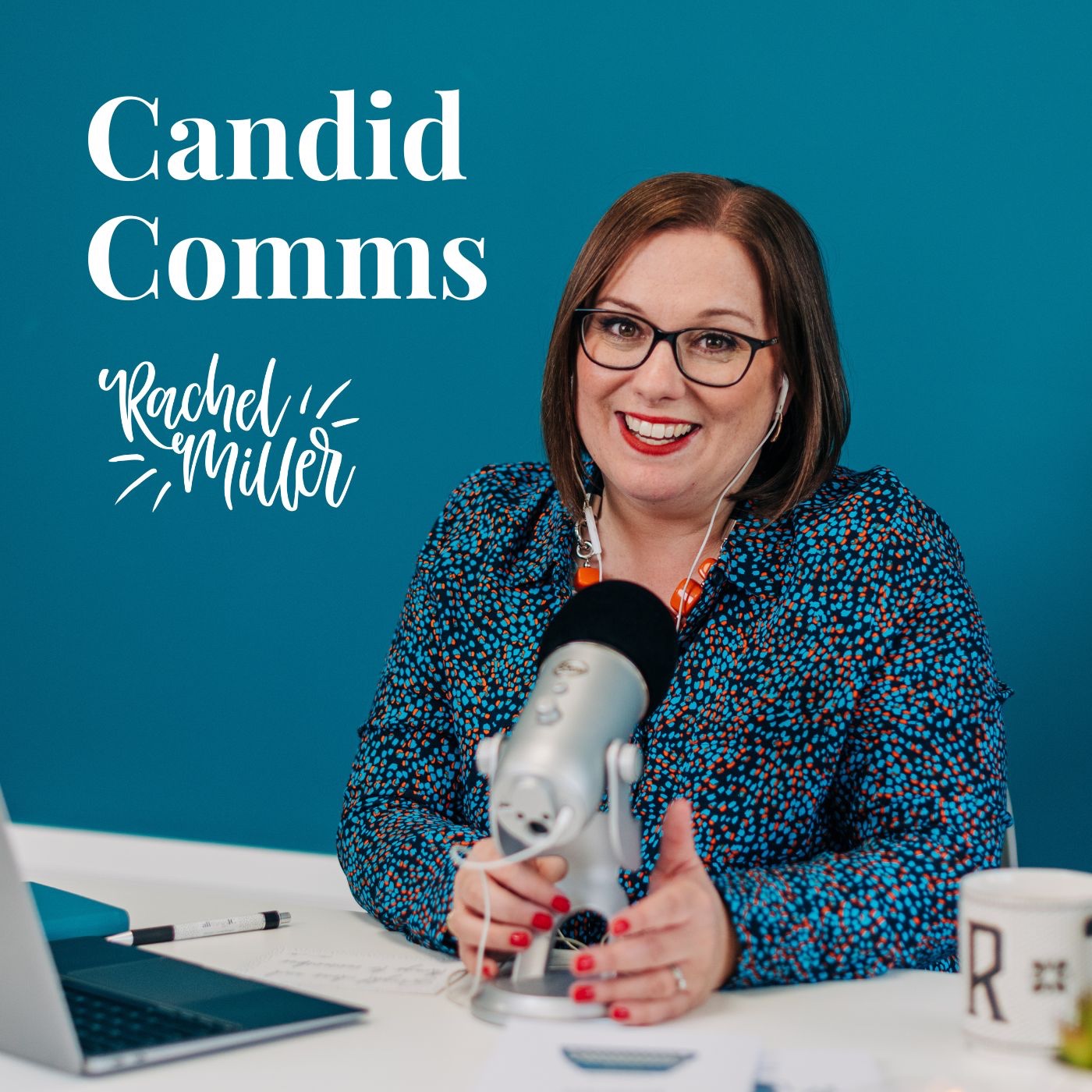
Bite Size Comms
Bite Size Comms is a weekly podcast that will give you a perspective on an aspect of public relations and communications practice. Bite size as they are short opinion pieces on topical issues. The episodes are sometimes contentious, sometimes funny, and they all aim to provoke thought.
Thanks for listening.
Bite Size Comms
Public Diplomacy
Public diplomacy is a nation’s strategic efforts to shape international perceptions, foster mutual understanding, and advance foreign policy goals by engaging directly with foreign publics.
Public Diplomacy
With US foreign policy suddenly shifting from soft power to transactional coercion, I thought it an opportune time to speak about public diplomacy. I practised this public relations function at the Foreign and Commonwealth Office until taking early retirement in 2010.
What is public diplomacy?
Public diplomacy is a nation’s strategic efforts to shape international perceptions, foster mutual understanding, and advance foreign policy goals by engaging directly with foreign publics. Unlike traditional diplomacy, which is conducted through closed-door government negotiations and carefully choreographed press conferences, public diplomacy prioritises open communication, cultural exchange, and relationship-building with global audiences. Now you can see why it is a branch of public relations!
The term ‘Public Diplomacy’ was first coined by US diplomat Edmund Guillion in 1965 as a post-propaganda framework to influence public attitudes. Modern public diplomacy encompasses:
- Cultural diplomacy: promoting arts, language and heritage (as undertaken by the British Council or the Goethe Institute).
- International broadcasting: state-funded media like BBC World Service or Voice of America.
- Development aid: humanitarian projects fostering goodwill like those undertaken by USAID or FCDO.
- Digital engagement: social media and online platforms to counter disinformation.
It is all about soft power - the ability to attract and persuade through values, culture, and policies rather than coercion.
Although Guillion coined Public Diplomacy, its roots stretch further back in time. In 1856, The Times of London newspaper first wrote about ‘public diplomacy’ to critique US President Franklin Pierce’s lack of civility. Then, in 1918, Woodrow Wilson’s ‘Fourteen Points’ championed ‘open covenants’ to counter secret treaties, aligning public diplomacy with democratic transparency. During the Cold War, the US institutionalised public diplomacy through the United States Information Agency to counter Soviet propaganda. At the same time, the UK leveraged the BBC World Service and the British Council. I recall helping to arrange high-level UK-US meetings to share practice on public diplomacy in the 2000s. As you can see, there is a strong US and UK affiliation in using public diplomacy as a soft power.
What can public diplomacy achieve?
Let’s look at a few British examples of public diplomacy. Launched in 2012 ahead of the London Olympics, the GREAT Britain and Northern Ireland Campaign represented the UK’s most ambitious effort to consolidate its international image under a single brand. Designed to promote trade, tourism, education, and investment, GREAT operates across 164 countries through collaboration between 26 government departments, led by the Foreign and Commonwealth Office, UK Trade and Investment and VisitBritain. By 2024, the campaign had generated over £7 billion in economic returns, with a 15:1 return on investment for every pound spent on marketing. The campaign’s success stems from its hybrid model, blending state resources with private-sector partnerships. Iconic British brands such as British Airways, HSBC and the Premier League have contributed £235 million in value-in-kind support since its inception, amplifying reach through globally recognised assets. For instance, the 2023-2024 cycle alone attracted £900 million in foreign direct investment and £631 million from international students, underscoring its role in positioning the UK as a hub for business and education. GREAT’s adaptability is evident in its digital strategies. Recognising the shift toward online engagement, the campaign leverages social media to target younger audiences. After encountering GREAT content, 84% of surveyed students reported increased positivity toward the UK. However, in-person events remained critical, such as the 2012 Olympic-related activities hosted by British embassies worldwide, which included cultural exhibitions and trade missions.
Since its establishment in 1932, the BBC World Service has been a cornerstone of British public diplomacy, delivering impartial news in 42 languages to 489 million weekly listeners. During the Cold War, its broadcasts countered Soviet propaganda, while post-9/11 expansions into Arabic and Persian services aimed to rebuild trust in Muslim-majority nations. The Service’s reputation for accuracy has made it a vital tool during crises, such as the 2022 Ukraine invasion, where it provided real-time updates to counter Russian disinformation. Despite austerity cuts, the BBC World Service has maintained its global footprint through innovative funding models. In 2014, it transitioned from Foreign Office funding to reliance on license fees, preserving editorial independence while expanding digital offerings like podcasts and interactive platforms.
Founded in 1934, the British Council operates in over 100 countries, advancing cultural diplomacy through education, arts, and language programs. Its English-language courses reach 100 million learners annually, while initiatives like the Chevening Scholarships have created transnational networks of alumni who often ascend to leadership roles in their home countries. For example, over 75 heads of state, including Ghana’s Nana Akufo-Addo, are Chevening graduates, fostering enduring ties to British institutions.
The Council’s 2020 “Italy is Culture” campaign exemplifies its modern approach. It partners with Italian museums to promote UK-Italy collaborations in heritage conservation. However, budget reductions have forced closures in 20 countries since 2023, highlighting the fragility of sustained cultural engagement under fiscal constraints.
Some problems
If space allowed, we would examine US public diplomacy through the Fulbright Program, the Voice of America, and USAID’s overseas development work. However, the Trump administration is trashing most of this by reducing or eliminating funding, believing in transactional bilateral deals a la real estate, and reverting to hard-power politicised messaging.
Austerity budget cuts from 2010 onwards have severely damaged public diplomacy in the UK. Twelve BBC World Service language services have been axed, British Council funding has decreased (forcing closures in more than 20 countries), and overseas development aid has dropped to 0.5% of Gross National Income (Prime Minister Starmer announced a further cut to 0.3% by 2027, further diminishing development diplomacy).
IMHO
In my humble opinion, public diplomacy remains indispensable in a fragmented and polarising world, yet its tools—cultural ties, trusted media, and people-to-people exchanges—require sustained investment. While the U.S. and UK face challenges from populism and austerity, public diplomacy demonstrates the enduring value of fostering global influence. For public relations professionals, public diplomacy offers a blueprint for building credibility through authenticity, consistency, and cross-cultural engagement.
[Image: James Giddins at Unsplash]





